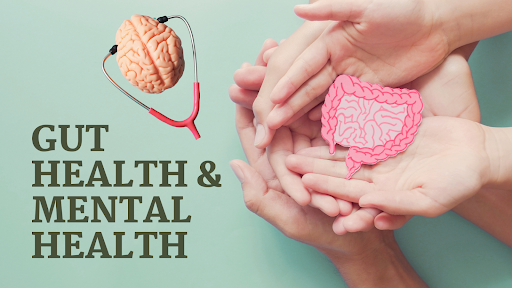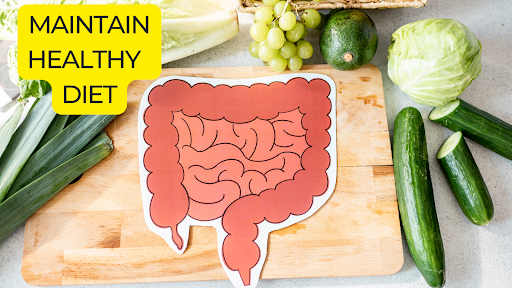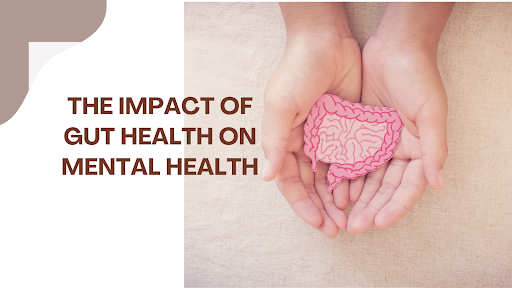Recently, our gut and brain have become the ultimate power couple, stealing the spotlight with their fascinating relationship. Cutting-edge research reveals that our gut’s happiness, including its bacterial buddies and gut lining’s well-being, can dramatically influence our mental health and overall bliss. This captivating connection, often dubbed the “gut-brain axis,” is the talk of the town. The key to a happy mind might lie in a happy gut! This article explores the link between the brain and the gut and how gut health affects mental health.
Understanding the Gut-Brain Axis:
An axis of communication connects the gastrointestinal system and the brain. It involves complex interactions between the gut microbiota, the gut lining, the brain and the immune system. This communication occurs through various channels, including the nervous system, immune system signalling molecules, and chemical messengers such as neurotransmitters and hormones.
Gut and Mental Health:
Some research has shown that imbalances in the gut microbiota, known as dysbiosis, can impact mental health problems like anxiety, depression, and stress. Therefore, restoring a healthy balance of gut bacteria through dietary changes, probiotics, or other interventions has shown promising results in improving mental health symptoms.

The Role of Gut Bacteria:
The gut microbiota, consisting of trillions of bacteria residing in the gastrointestinal tract, plays a crucial role in gut and mental health & well-being. These bacteria produce various compounds, including neurotransmitters like serotonin, dopamine, and gamma-aminobutyric acid, essential for regulating mood and emotions. Disruptions in the gut microbiota composition can impact the production of these neurotransmitters, leading to mood disorders and other mental health issues.
Diet and Gut:
Maintaining a healthy gut microbiota and gut-brain axis is crucially dependent on the quality of one’s diet. Whole foods, fiber, and fermented foods, for example, promote the growth of beneficial gut bacteria. Processed foods, sugar, and unhealthy fats, on the other hand, disrupt the gut microbiota and increase inflammation, which may negatively affect mental health.

Lifestyle Factors and Gut-Brain Health:
In addition to diet, other lifestyle factors can influence the gut-brain connection. For example, chronic stress, lack of sleep, and sedentary behavior have been shown to affect it and contribute to mental health disorders. Incorporating stress-reducing techniques, improving sleep hygiene, and engaging in regular physical activity can positively impact them.
Conclusion:
The emerging field of research on the gut-brain connection highlights the importance of it in maintaining optimal mental well-being. By nurturing a healthy gut microbiota, supporting gut integrity, and adopting a gut-friendly lifestyle, individuals can boost their mental health and overall quality of life.
Utpal Khot
Copyright © Utpal K
1. If you share this post, please give due credit to the author Utpal Khot
2. Please DO NOT PLAGIARIZE. Please DO NOT Cut/Copy/Paste this post
© Utpal K., all rights reserved.
Copyright Notice: No part of this Blog may be reproduced or utilized in any form or by any means, electronic or mechanical including photocopying or by any information storage and retrieval system, without permission in writing from the Blog Author Utpal Khot who holds the copyright.





